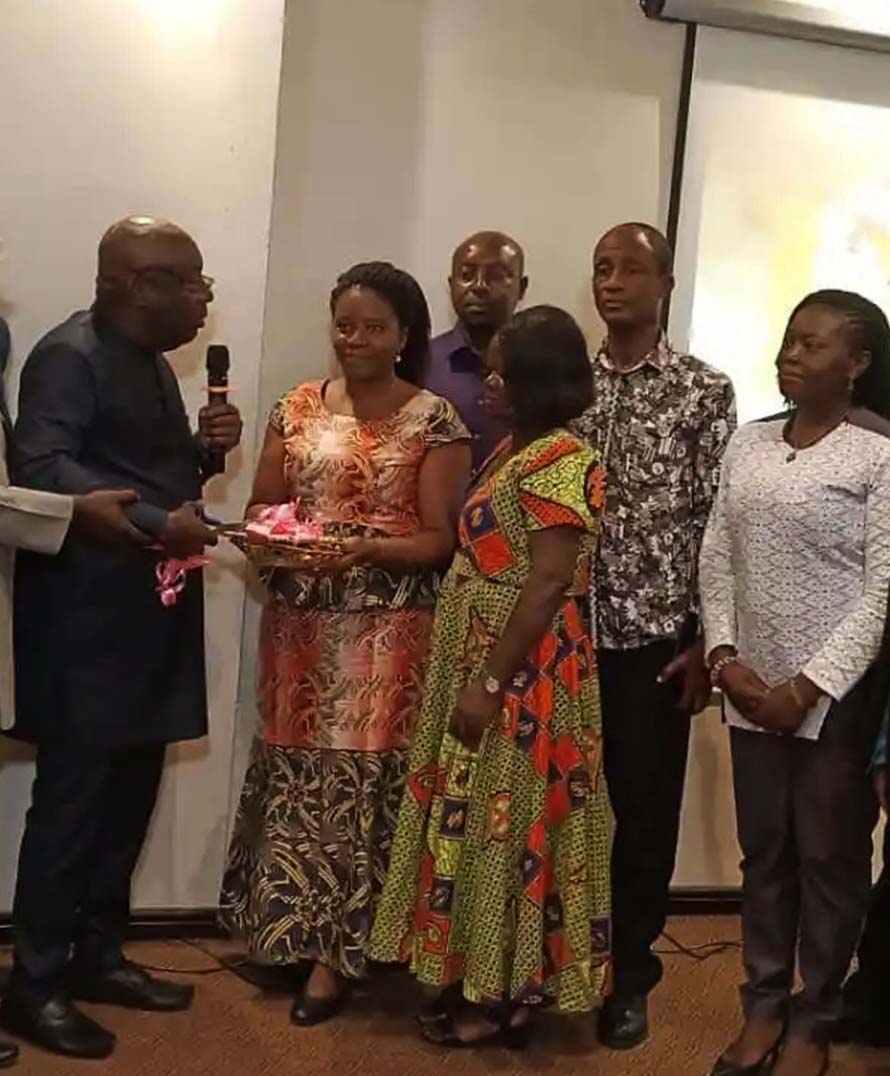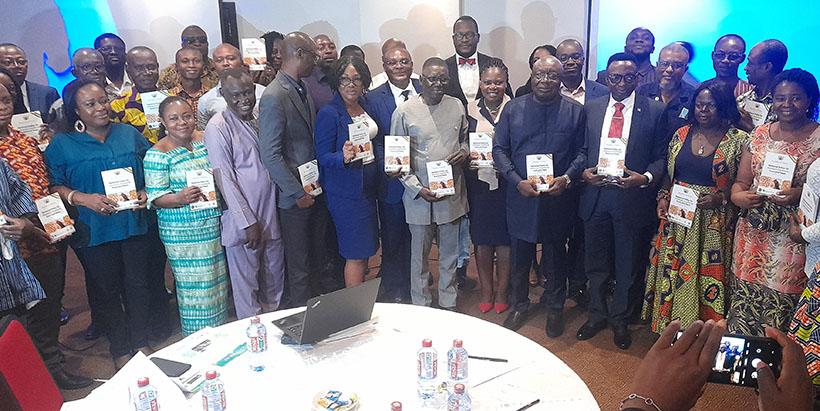DEVELOPING A NATIONAL POLICY AND TECHNICAL REGULATION FOR AFLATOXIN CONTROL IN FOOD AND FEED
Project Detail
Participating scientists (with PI)







Specific Objective
Methodology
Major Outcomes
The Cabinet approved policy in December 2021 and the Decision letter was sent to all the four ministries (MESTI, MOFA, MOTI and MOH) that own the policy. Each of the four ministries had written letters informing their agencies and relevant institutions about the approval of the policy and the need for them to develop projects and programmes for its implementation. The aflatoxin policy is accessible here: https://library.faraafrica.org/2022/10/12/national-policy-for-aflatoxin-control-in-food-and-feed/
Following the approval of the policy, CSIR-STEPRI secured a project preparation grant (PPG) from the Standards and Trade Development Facility (STDF) of the World Trade Organisation (WTO) to priorities the investment options in the policy using the Prioritising SPS Investment for Market Access (P-IMA) tool and then develop project proposals based on the prioritized actions. This has been done with the help of a P-IMA expert and national stakeholders. See here for more information about the PPG: https://standardsfacility.org/sites/default/files/TOR_PPG_786_Ghana_aflatoxin_P-IMA.pdf
Way Forward


